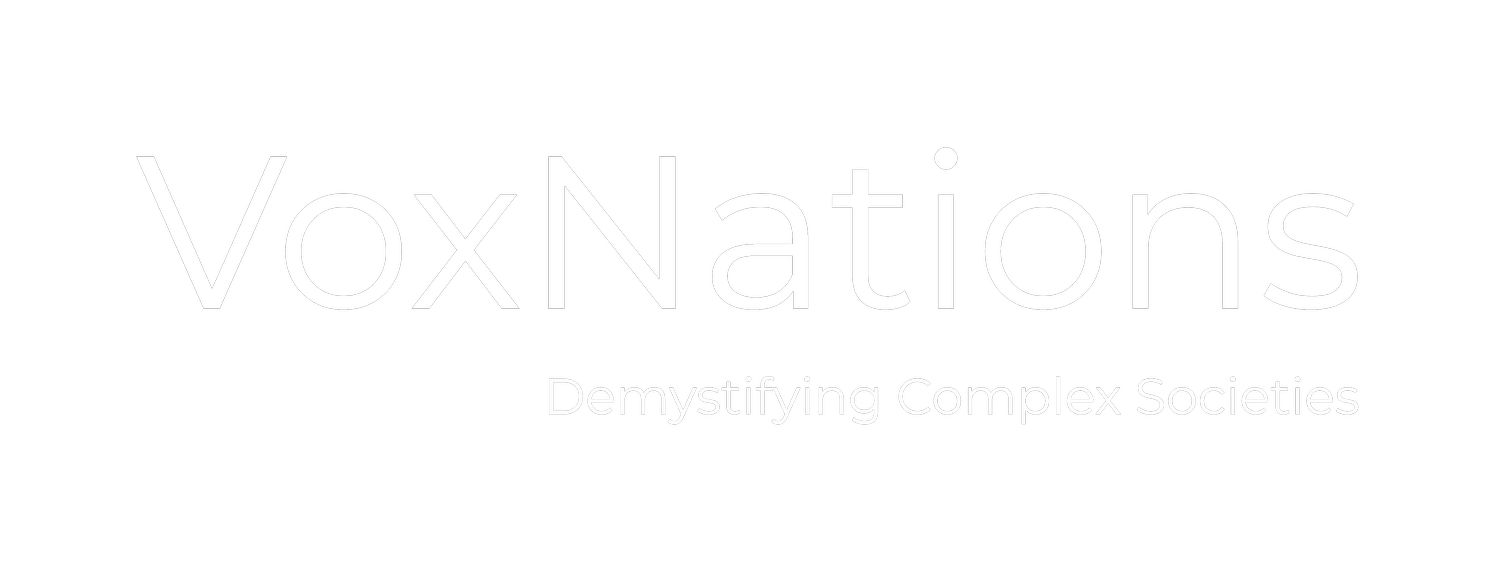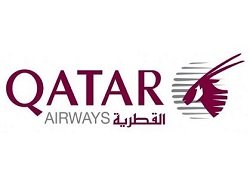At VoxNations, we combine time-tested methods with the highest opinion research industry standards to meet even the most complex research needs of our clients.
““methodology stands up to scrutiny.”
Referring to our poll conducted for the University of Maryland.”
our Standard Probability Sample Telephone (CATI) survey method
Due to a high penetration of mobile telephone in Iraq, single frame probability sample mobile telephone interviewing has been a widely used mode of data collection in Iraq.
Relying on prevailing industry standards, VoxNations utilizes Random Digit Dialing (RDD) to randomly draw its mobile telephone sample from all active Iraqi mobile numbers. Post-contact geographic stratification based on population size of each province is then applied to make the sample more closely match the existing population density of Iraq. In addition, while we do not generally stratify by the market share of each of the Iraqi mobile telecommunication service providers, such additional stratification is also possible if requested by the client.
Due to the high penetration of mobile telephone subscription in Iraq, VoxNations treats mobile phones as a personal device that is not shared among household members and, if qualified, selects the person who answers the phone as the respondent. It is important to note that qualification criteria for participating in our surveys (which often has been all mobile telephone users of Iraq who are over the age of 18) is determined by the client.
Unless otherwise requested by the client, generally an initial attempt and at least two callbacks are made in an effort to complete an interview with the randomly selected respondents. All interviews are conducted in a centralized call center and are continuously monitored for quality control purposes.
At the completion of each survey, VoxNations provides its clients with the response rate, cooperation rate, refusal rate, and contact rate of the survey based on the most recent Standard Definitions of the American Association for Public Opinion Research (AAPOR).






























































